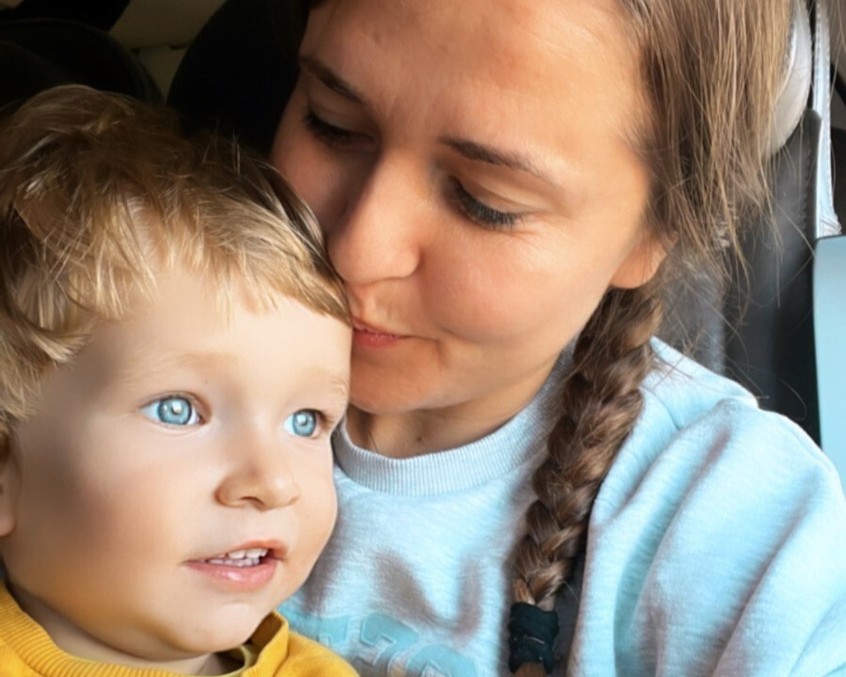Sudan is experiencing three humanitarian crises at once. In addition to the ongoing conflict over the past two years, Sudan is headed into famine and cholera has now been reported in 16 of 18 states with 70,000 cases registered to date across the country.
Cholera is an acute diarrheal infection and is primarily spread through contaminated food or water and can lead to severe dehydration and death if not treated promptly. Since cholera was officially declared on August 12, 2024, more than 1,700 people have died. What began as a health crisis has now deepened into a national emergency. In Khartoum State, the situation is especially dire. Over 7,000 cases were reported in May 2025 alone – a 400% increase from April. Additional outbreaks are affecting North Kordofan, Sennar, Al Jazirah, White Nile, and Nile River states, where health systems are under severe strain.
Doing the doable with a system under siege
The key to preventing cholera is ensuring access to safe drinking water and proper sanitation. However, the complete collapse of public services has left communities without access to safe water or medical care. Over 80% of Khartoum’s water systems are non-functional, and the shortage of clean water has become one of the main drivers accelerating the spread of the disease. Meanwhile, severe shortages in medical supplies, diagnostic tools, and a lack of trained health staff continue to hinder emergency response efforts. Alight remains one of Sudan’s largest and most trusted healthcare providers. We are collaborating closely with the State Ministry of Health (SMOH) in East and South Darfur, as well as in Gedaref to ensure effective cholera response. We also support the Rapid Response Teams and Community Treatment Centers (CTCs), through the provision of supplies and building the capacity of health workers. Additionally, Alight is positioned to respond to cases in Kassala and West Kordofan while it continues to raise awareness through risk communication and community engagement. Our teams are operating on the front lines of this crisis—delivering care, comfort, and hope to the most vulnerable communities that would otherwise be left behind.
Ensuring clean water for prevention and treatment
We are also working to ensure that displaced people in Sudan have access to safe drinking water and that sanitation conditions are improved in IDP camps and gathering sites as these actions are the first line of defense against cholera and countless other preventable diseases. A few weeks ago, we launched a new WASH (Water, Sanitation and Hygiene) project in Kalma IDP Camp. We upgraded a water hand pump, converting it into a solar-powered system that significantly increased water yield and ensured safe drinking water for the camp residents. Where fetching water once meant long queues, physical exhaustion, and low water quality, it is now available freely and easily.
“Thanks to Alight for the generous contribution and continuous support. We now have adequate access to safe drinking water, and the waiting time at the water points has been reduced to less than 10 minutes” says Amna Adam Ahmed, a 26-year-old mother of three, who lives in Sector 6 of Kalma IDP camp.
Choosing Hope
The challenges are immense. But so is our team’s resolve in Sudan.
At Alight, we chose to stay. Choosing to serve. Choosing hope.
In this moment, Alight is doing everything it can to raise alarm bells about the potential for a major cholera outbreak and is triaging needs across several states. The team is hoping to set up pop-up cholera treatment centers and rehydration centers in remote areas, providing antibiotics and fluids that can help reduce suffering and prevent more deaths for Sudanese families.





%20(1).jpeg)


.png)

